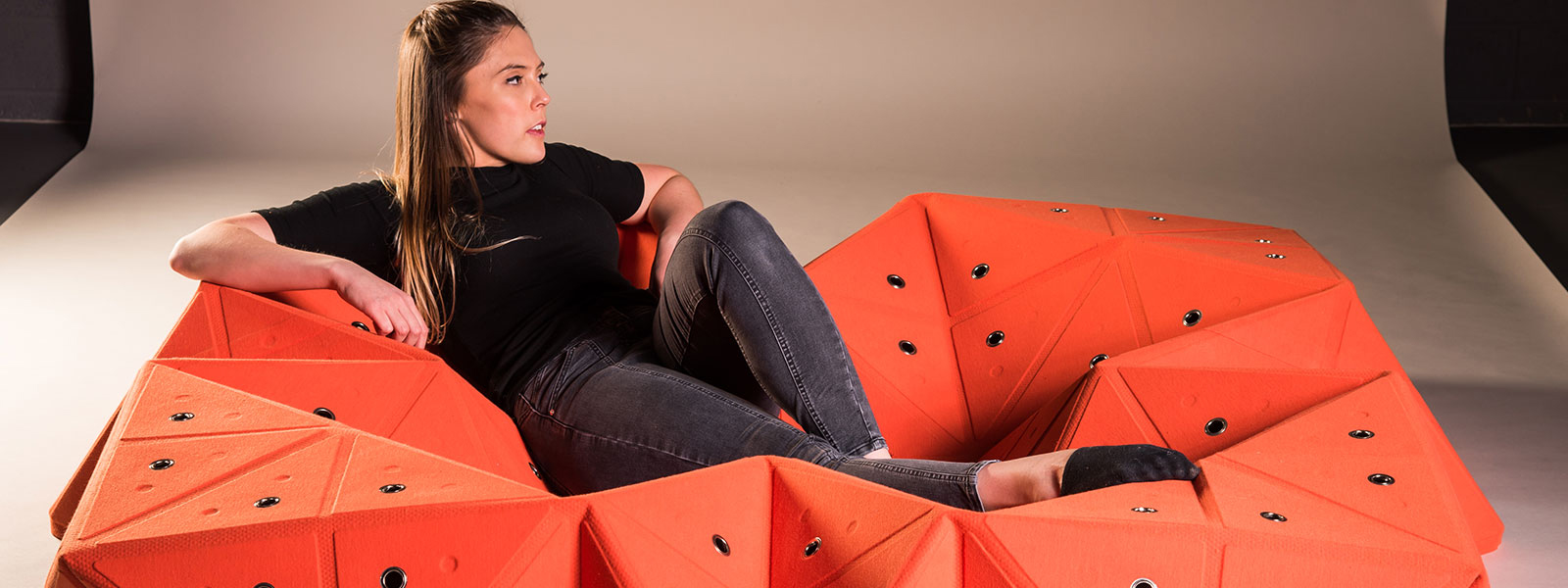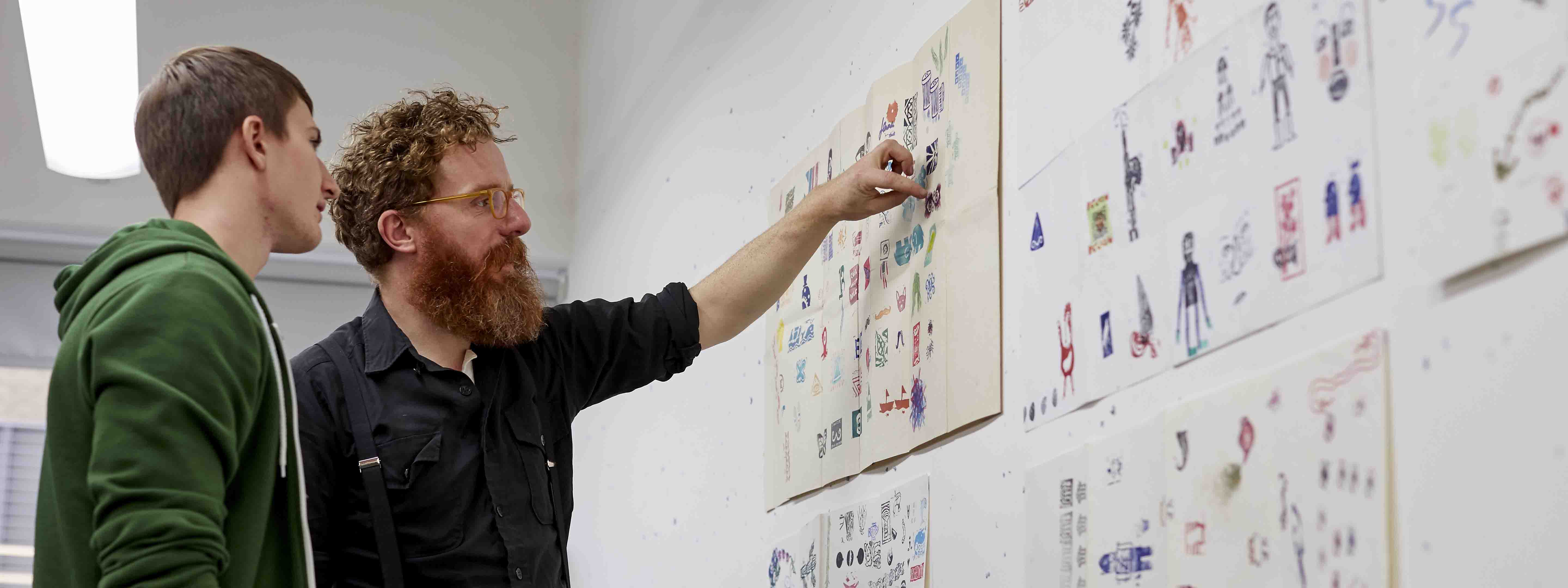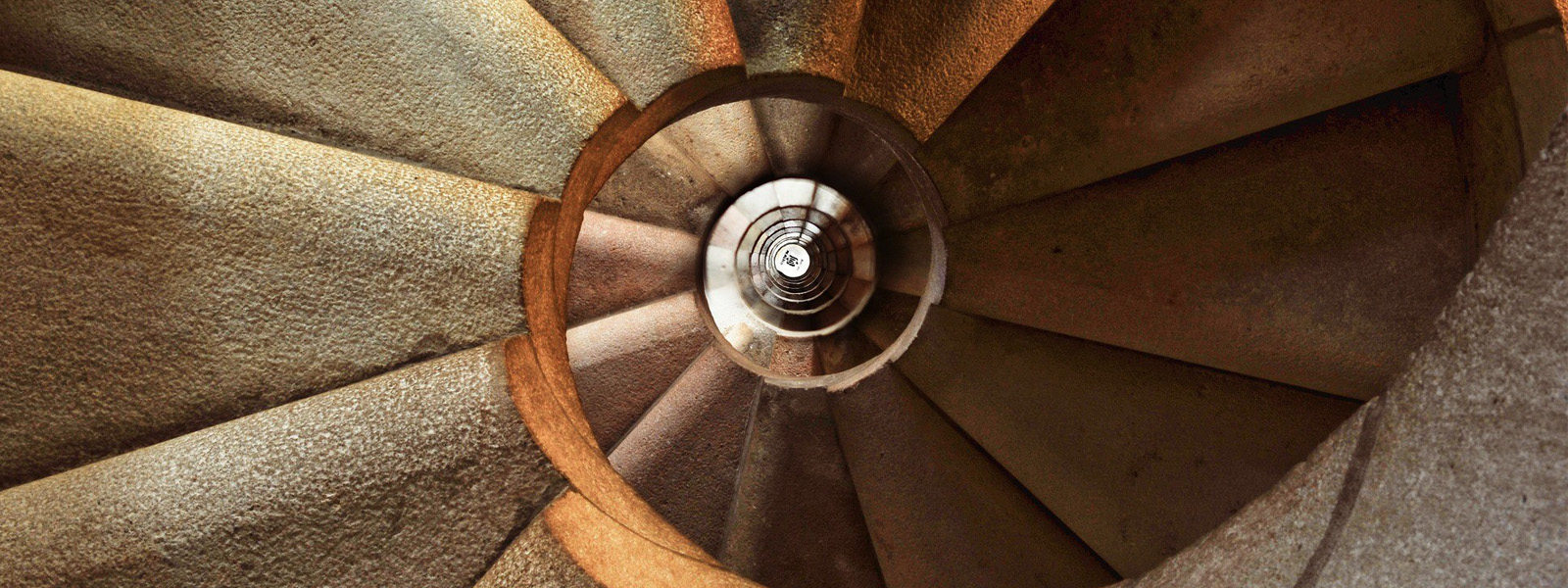Module Overview
The Design 2 stream forms the creative core of the programme, immersing students in studio-based environments that simulate professional design practice. This stream equips students with essential skills in observation, visual literacy, critical inquiry, experimentation, and iterative problem-solving. Through problem-based learning, students tackle real-world design challenges, learning to identify opportunities, develop innovative interventions, and deliver thoughtful, responsive solutions.
Collaborative projects foster teamwork and reflective dialogue, reinforcing the iterative and evolving nature of the design process. This hands-on, experiential approach nurtures creativity, critical thinking, and entrepreneurial design skills while building adaptability and resilience essential for success in a dynamic industry. By combining experiential learning with professional practice, the design stream empowers students to develop design agency, collaborative skills, and innovation—preparing them to graduate as confident, industry-ready professionals.
Module Overview
This Design 2 stream invites students to transform an existing building into an innovative, multi-purpose space, combining adaptive reuse with creative spatial interventions. Through research, analysis, and design development, students respond to real-world challenges of heritage, sustainability, user experience, and professional practice. The module fosters critical thinking, creativity, and professional communication, preparing students to produce and present industry-ready design proposals for complex interior environments.
Module Overview
The "Interdisciplinary Collaboration" module offers an exciting and dynamic learning experience for students in graphic design, creative advertising, illustration, and product design. Each year, the module's projects are tailored to reflect the latest trends and needs in the design industry, ensuring that students gain relevant and cutting-edge skills. With a focus on user experience design, AI in design, influencing and content creation, virtual reality, and design for social change, students will work on projects that challenge their creativity and technical abilities. This module is ideal for those looking to stay ahead in the fast-paced world of design and make a meaningful impact through their work. Additionally, it provides an opportunity for students to shape their own degree, offering pathways for further elective specialisms in Level 3. Students will also have the chance to learn and utilise new industry tools and technologies, and work in new groups outside of their existing course, fostering interdisciplinary collaboration that reflects the current design industry.
Module Overview
The Interpret 2 stream develops critical research skills, design theory, and contextual analysis to inform evidence-based, research-led design practice. This module introduces students to the principles of environmental psychology, exploring how interior, architectural, and urban spaces influence human behaviour, perception, and well-being. Students investigate the relationship between users and environments, analysing how psychological, cultural, and social factors shape spatial experience.
Through lectures and seminars, research is progressively integrated into practice, enabling students to analyse, critique, and communicate ideas while developing awareness of the human-centred considerations in design. The module fosters intellectual curiosity and positions design as a reflective, research-led discipline. By synthesizing theory and practice, students develop independent, research-driven insights alongside professional academic skills in visual, verbal, and written communication.
Module Overview
This module builds on students’ developing research and contextual-analysis skills within interior architecture. By synthesising theoretical frameworks with investigation, learners will produce evidence-led proposals that demonstrate independent, research-driven solutions and professional-level communication skills.
Module Overview
The Practice 2 Stream is delivered through a blended model of seminars, and collaborative group work that reflects the interdisciplinary, communicative, and research-informed nature of professional interior architecture and design. Learning is embedded within the exploration of social and professional, encouraging students to position their practice within broader cultural, ethical, and industry-related frameworks. In alignment with national subject benchmarks, this stream fosters critical thinking, and professional awareness through shared inquiry and reflective dialogue.
Teaching in the Practice Stream is structured to support the development of communication strategies, and collaborative competencies essential to professional engagement and lifelong learning.
The stream is delivered through a blend of seminars, and workshops, with guided independent study forming a crucial component of learning.
Delivery Methods and Learning Environments:
- The studio is both a physical and intellectual space, encouraging sustained peer interaction, material testing, spatial investigation, and the visual development of ideas. The studio fosters collaboration, peer learning, and critical exchange, creating a culture of shared inquiry that reflects contemporary design practice.
- Project-based learning is the primary mode of delivery, where students respond to thematic briefs that address real-world contexts, site conditions, and user needs. Projects are scaffolded to build design complexity across levels, integrating conceptual, spatial, environmental, and social dimensions.
- Reviews, and pin-ups provide structured opportunities for formative feedback and collective dialogue.
Module Overview
The Realise 2 stream equips students with the skills and knowledge to transform design concepts into professional, technically resolved interior architecture proposals. Through a focus on adaptive reuse, students learn to navigate the complexities of designing within existing buildings, addressing structure, materials, sustainability, and building regulations. Working independently and collaboratively, students produce a complete technical design package and a professional presentation, preparing them for the realities of interior architecture practice and the demands of industry.
Module Overview
The Industry Placement Year is an exciting opportunity for students to take a year out of formal study to gain real-world experience in the creative industries. Whether you’re looking to build industry connections, develop professional skills, or explore career options, this year will give you a full-time, hands-on experience within a creative organisation.
This year is a collaborative experience between you, your employer, and the University—ensuring that you get the most out of your time in a professional setting.
Module Overview
This module provides an opportunity for students in the Lincoln School of Design & Architecture to spend a semester in Year 2 studying at one of the University’s partner institutions. This opportunity has both academic and personal development dimensions.
In academic terms, during the semester abroad students undertake models that are equivalent to 60 credit module and content at one of the UoL partner institution in semester B.
Participation in study-abroad also offers unique opportunities for personal student development in the wider sense. Although students will be supported through the application process by the Module Co-ordinator and colleagues at the partner institution, much of the responsibility for organising the time abroad rests with the student. Study abroad offers the opportunity for students to develop graduate attributes, a global mindset and transferrable skills as exercise resilience, flexibity and open mindedness when adapting to and working effectively within a different academic culture and environment.
Students must submit an application to the School discuss why they wish to participate in a study period abroad.
Module Overview
This module is optional for undergraduate students within the College of Social Sciences and Humanities. Study Abroad enables you to study at one of the University’s approved partner institutions.
During the time spent abroad, you can share classes with local students and study modules at the partner institution which have been approved in advance by the University. As many partner institutions support internships, you may choose to combine study with work and/or a period of volunteering.

.jpg)




